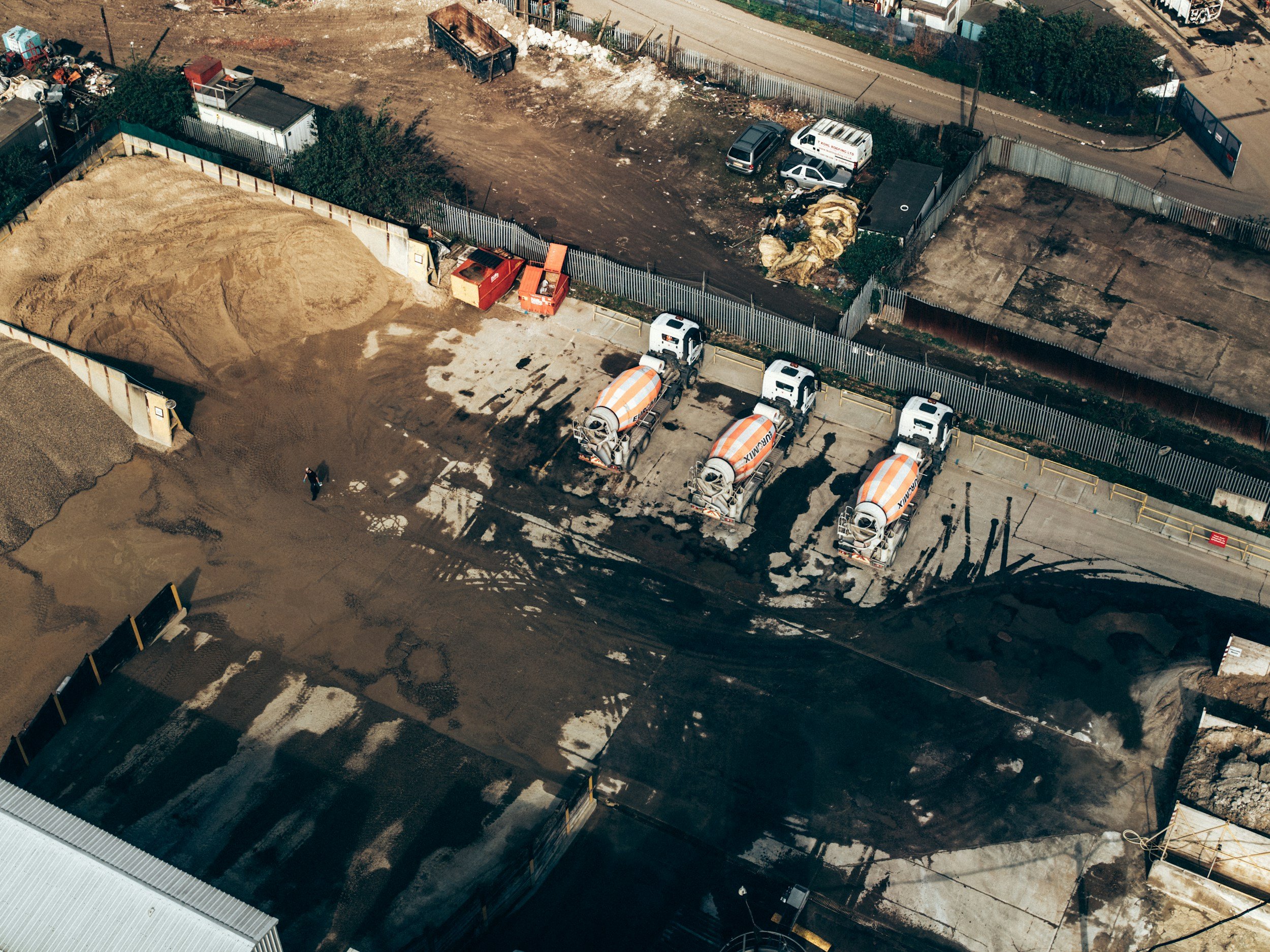How Can Excavation Affect My Foundation Later?
Excavation may seem like a short-lived phase of construction, but it plays a critical role in the long-term stability of your foundation. If excavation is rushed or done incorrectly, issues may not show up until months—or even years—after the build is complete. In this article, we explain how excavation decisions directly impact your foundation’s performance and what to look out for on your jobsite.
Why Excavation Matters for Structural Integrity
Your foundation depends on the stability of the ground beneath and around it. Poor excavation creates vulnerabilities that can lead to cracking, shifting, or even structural failure.
Uneven or poorly compacted subgrade can settle over time, causing the foundation to tilt or crack.
Inadequate trenching or over-digging may compromise footing placement or lead to voids under slabs.
Improper slope grading can send water directly toward your structure, eroding soil or causing hydrostatic pressure.
Skipping soil stabilization in high-clay or loose soils can lead to frost heave and seasonal movement.
Signs Your Excavation Wasn’t Done Properly
Foundation problems caused by excavation don’t always show up right away. Watch for these signs:
Hairline cracks in the foundation walls or slab
Often start small but grow with seasonal movement.Doors or windows that won’t close properly
Could indicate uneven settling beneath the structure.Pooled water near the foundation
A sign of improper grading or failed drainage planning.Visible gaps between soil and foundation edges
Can result from erosion, shrinkage of expansive clay, or backfill that wasn’t compacted in layers.
Common Excavation Mistakes That Lead to Foundation Problems
Several issues during site preparation can silently compromise foundation performance:
Inconsistent Compaction
Backfill must be compacted in lifts, not just dumped and graded. Poor compaction leads to settlement.Overexcavation Without Proper Backfill
If too much soil is removed and replaced with loose fill or debris, it won’t support the foundation over time.Failure to Control Groundwater
No French drains, no gravel layer, or no slope away from structure invites long-term moisture issues.Ignoring Soil Conditions
Expansive clay, loamy subsoils, and shallow frost depths require tailored excavation methods and engineering.
How to Prevent Foundation Problems from the Start
A good foundation starts with smart excavation. Here’s what a qualified excavation contractor will do to protect your investment:
Conduct Soil Evaluation First
Understand load-bearing capacity, water retention, and potential for shifting or expansion.Compact Subgrade in Layers
Achieve uniform density to prevent settlement. Use proper compaction equipment (not just grading).Establish Drainage and Grading Early
Slope land away from the structure and install drain tiles or swales to manage runoff.Coordinate Closely with Foundation Contractor
Excavation and concrete crews should work together to ensure proper footing depth, base materials, and alignment.Install Erosion Control Before Backfilling
Prevent future water issues with silt fences, filter fabric, or retaining structures if needed.
Local Considerations: Spokane and Eastern Washington
Soil and weather in this region add specific challenges:
Heavy clay soils expand and contract significantly with moisture changes. If not stabilized or compacted properly, they cause uneven settling.
Freeze–thaw cycles in Eastern Washington can lead to frost heave. Footings must be set below frost line, and surrounding soil needs proper insulation and drainage.
Hillsides and sloped lots require special excavation methods to avoid erosion or shifting foundations after heavy rain or snowmelt.
What to Ask Your Excavation Contractor
Protect your foundation by asking the right questions before digging begins:
Have you evaluated soil conditions and provided recommendations?
Will the backfill be compacted in lifts?
How are you planning to control water runoff and drainage?
What measures will be taken to prevent erosion or frost-related damage?
How do you coordinate with the foundation or concrete team?
Conclusion
Excavation isn’t just about digging—it’s about setting the foundation for everything that follows. When done right, it prevents costly problems and supports the structural integrity of your project for years to come. When done poorly, it can lead to cracking, water damage, and long-term foundation instability.
If you're planning a construction project, make sure your excavation team is thinking beyond the trench. We specialize in preparing Spokane-area sites to support strong, stable foundations from day one.


